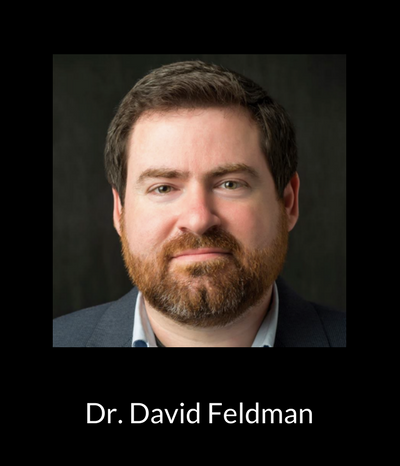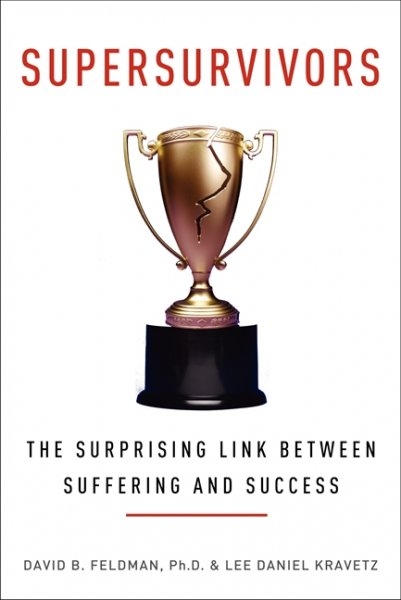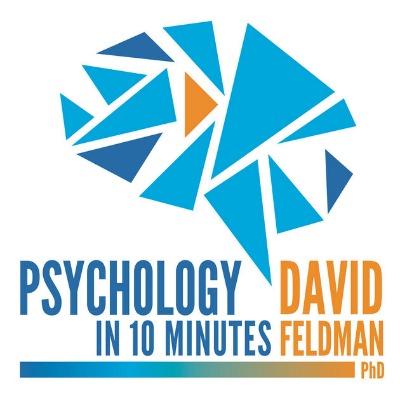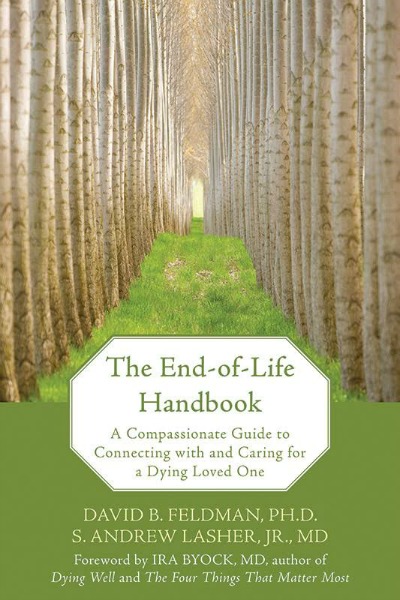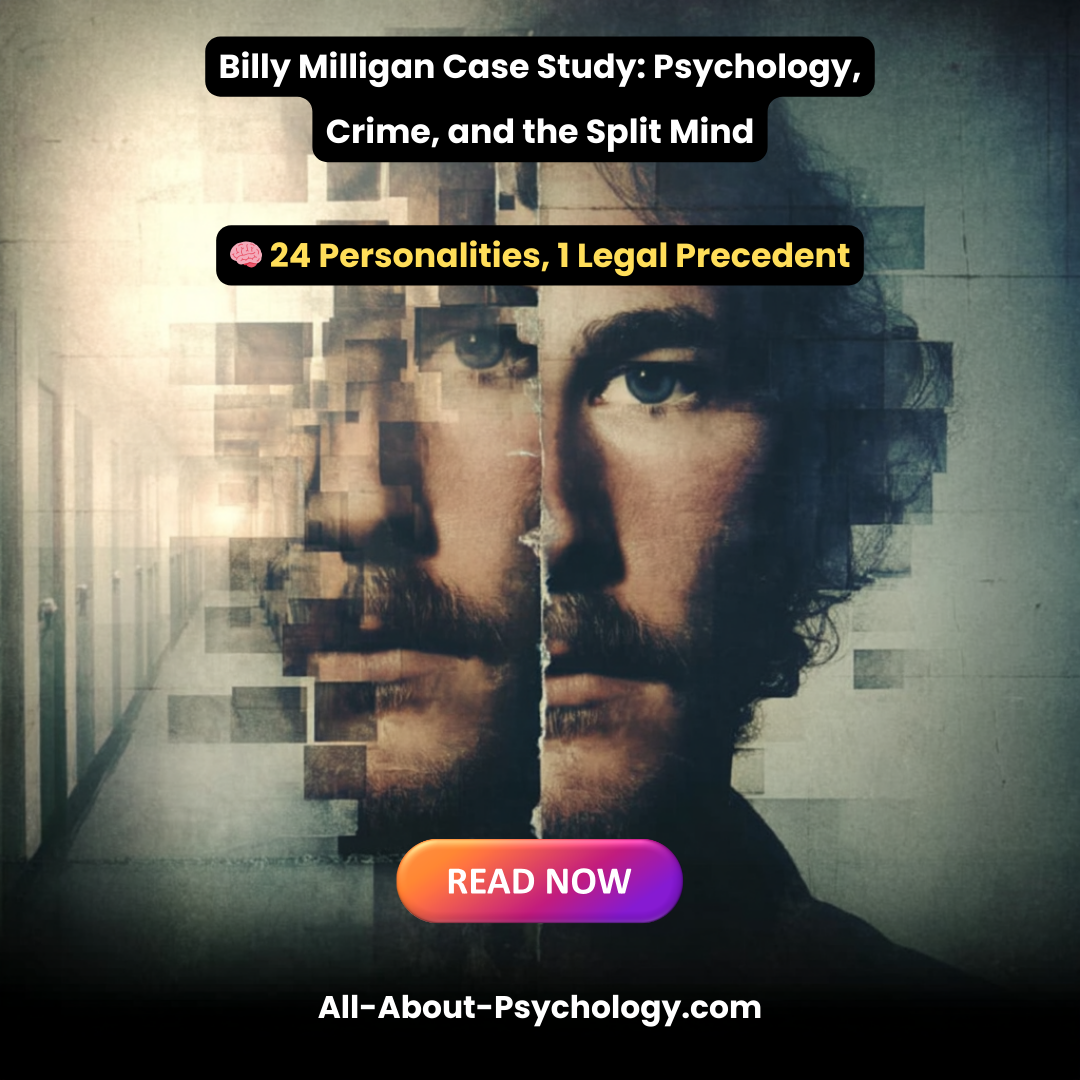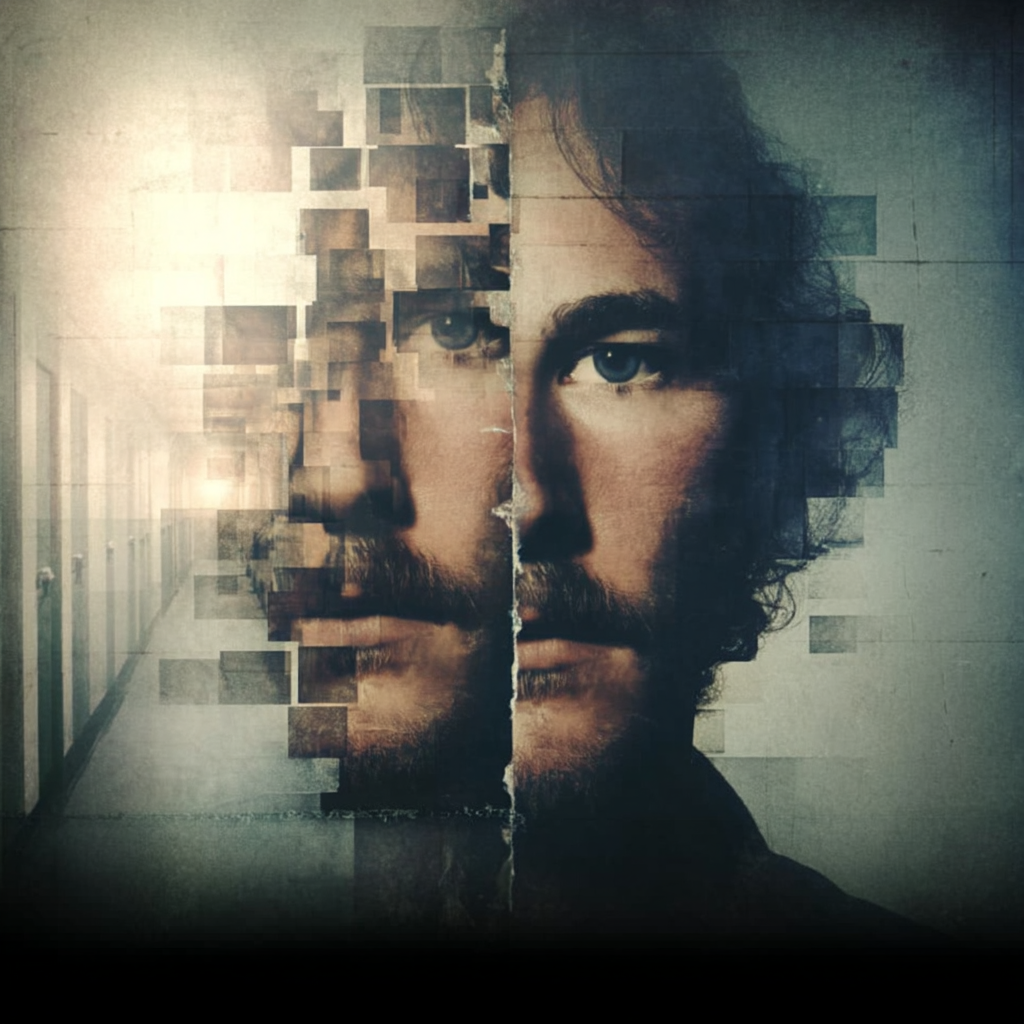Interview with Dr. David Feldman
Dr. David B. Feldman is considered to be among the top experts on hope in the field of psychology. Feldman holds a Ph.D. in clinical psychology from the University of Kansas and completed a fellowship with the VA Palo Alto Health Care System, a medical center associated with Stanford University.
He is Professor and Chair of the Department of Counseling Psychology at Santa Clara University, California, where he has been on faculty for more than a decade. His research focuses on hope, meaning, and growth in the face of life's difficulties, and he has been instrumental in developing Hope Therapy and applying it to various populations. He has authored numerous academic articles and book chapters as well as presented nationally and internationally on these topics. In addition, Dr. Feldman writes regularly for Psychology Today and the Huffington Post; has appeared in such magazines as SELF, U.S. News & World Report,'O':The Oprah Magazine, and Harvard Business Review; and has been interviewed for national television and radio.
He is the author of three books - Supersurvivors: The Surprising Link Between Suffering & Success (HarperCollins), Public Speaking for Psychologists: A Lighthearted Guide to Research Presentations, Job Talks, and Other Opportunities to Embarrass Yourself (American Psychological Association), and The End-of-Life Handbook: A Compassionate Guide to Connecting with and Caring for a Dying Loved One (New Harbinger).
Dr. Feldman is a passionate advocate for sharing the insights of scientific psychology with the public, and his podcast, 'Psychology in 10 Minutes,' is available through any podcast app or at psychologyin10minutes.com.
Q & A
Given the range of specialties in professional psychology, what led you to pursue an interest in clinical psychology?
When I was 21 years old and applying for graduate school, I probably would have told you that my primary motivation to pursue clinical psychology was to "help people." At that time, I would have been referring mainly to becoming a therapist. Although this basic motivation hasn't waned one bit in the intervening 20 years, I've realized there are countless ways of helping people as a psychologist, only some of which take place through therapeutic practice. As a researcher, for instance, I've tried hard to do studies that advance the science of psychology with the goal of generating knowledge that can be used to improve people's lives. As a writer, I've produced books like 'Supersurvivors' and 'The End-of-Life Handbook,' which have hopefully influenced readers' lives for the better. And, as a professor, I've taught students therapeutic techniques that they will be able to draw upon to help others for a long time to come. It's one of the things I love most about being a clinical psychologist: There are so many engaging and fascinating activities to participate in, all of which (hopefully) can help to make the world a little bit better place.
As a renowned expert in the field, could you briefly explain what is meant by evidence based practice?
To me, evidence-based practice is the simple idea that clients should expect their therapists to use techniques that have been shown in research to actually work. The field of psychology suffers from what is sometimes called the "scientist-practitioner gap." Although hundreds of studies show that certain therapeutic strategies work better than others for some conditions, therapists often don't read this research. It's hard to blame them for this. After all, being a full-time clinician is very hard work, leaving little time to read a bunch of research articles. Nonetheless, my belief is that if someone is going to trust in you as a therapist, you owe it to them to know that what you're doing is likely to work.
For instance, my colleagues Jennifer Cheavens, Amber Gum, Scott Michael, C. R. Snyder, and I developed an intervention known as "Hope Therapy," designed to help people with a variety of psychological conditions to improve their lives by learning hopeful thinking skills. We could have stopped there, but we didn't. We (and others) have now performed nearly a dozen studies investigating whether related interventions actually work in different populations. Thankfully, we've learned that they often do. But our research has also led us to change the therapy in various ways, adjusting it for groups like college students, individuals with learning disabilities, and people with different mental-disorder diagnoses.
Could you tell us about the thinking behind your book 'Supersurvivors: The Surprising Link Between Suffering and Success'?
Most people are familiar with posttraumatic stress disorder-the nightmares, flashbacks, and other symptoms that can wreak havoc in the lives of those who have survived trauma. PTSD is an important and emotionally painful condition that deserves serious treatment. However, it would ignore something fundamental about humanity to imply that PTSD and other scars of trauma can never heal. In our book, Supersurvivors, my co-author and I wanted to explore the often-surprising resiliency of ordinary human beings. People are frequently surprised to know, for instance, that around 70 to 80 percent of survivors say that they grow in some way as a result of their tragedies.
This phenomenon, officially known as post-traumatic growth, can result in people redefining their relationships, deepening or altering their spirituality, or discovering a new philosophy of life. In rarer cases, survivors may even take their lives in dramatically new directions. We interviewed people like Alan Lock, for instance, who holds a world record for rowing across the Atlantic Ocean after becoming blind of macular degeneration, and Maarten Van Der Weijden, who survived Leukemia to become an Olympic Gold Medal swimmer.
In Supersurvivors, we explore two decades of research behind such instances of post-traumatic growth as well as tell the stories of 17 people who have revolutionized their lives after experiencing tragedy. Throughout the book, we ask what all of us can learn from their stories about how to live a more satisfying life, regardless of whether or not we've suffered trauma. Fundamentally, it's a book about hope, even in the darkest times.
Do you have a favorite quote about hope?
As children, most of us learned the first verse of the song "Twinkle, Twinkle Little Star," which was originally published as a poem in 1806 by Jane Taylor. It wasn't until I learned the song's other four verses that I realized how well it captures the power of hope to light our way forward, even in the dark times we all must occasionally face. Though it doesn't contain the actual word, my favorite quote about "hope" is the song's third verse:
"Then the traveller in the dark,
Thanks you for your tiny spark!
He could not see where to go,
If you did not twinkle so."
What can listeners expect from your podcast 'Psychology in 10 Minutes'?
I began making the 'Psychology in 10 Minutes' podcast as a way of communicating the excitement of real psychological science to the public. The field of psychology is inherently fascinating. We all yearn to know more about ourselves and better understand the thoughts, feelings, and behaviors of the people we care about. The great news is that decades of solid scientific studies are available to answer many of our questions. The not-so-great news is that most of this research appears in very technical and difficult-to-access academic journals. So, the mission of the podcast is to take these findings and bring them to everyone. I try to ask big questions like "Is social media hurting society?", "Could the stages of grief be wrong?," and "Is giving up ever good?", then use the best available science to find answers.
I've even done a few shows exploring how psychological principles can help us to understand the politically tumultuous times we're living in. Because I've always been a fan of bite-sized podcasts, I try to offer listeners intriguing and useful content in under 10 minutes. In fact, a quick description of the show could be: "Find out something new about psychology while you sip your morning coffee." If readers want to take a listen, it's available on any podcast app, iTunes, Soundcloud, Stitcher, and Tunein.com. Transcripts of most of the episodes are also available on my Psychology Today blog.
Whose ideas within the field of psychotherapy have influenced you the most?
I've undoubtedly been influenced most by the work of C. R. Snyder and Viktor Frankl. Snyder was my mentor in graduate school. As the developer of "Hope Theory," he inspired me to undertake years of work exploring the ways people stay hopeful despite encountering traumas and tragedies in life. His particular view of hope as an essential psychological asset has also helped me personally to be a happier human being. His book 'The Psychology of Hope,' is definitely worth reading. As for Frankl, I suspect it's not necessary for me to say much. His book, "Man's Search for Meaning," has inspired millions of people to prioritize not only seeking happiness in life, but also finding personal meaning. Much of my work with clients has revolved around helping them to discover sources of both hope and meaning in life while simultaneously honoring the serious pain and loss they often have suffered.
What led you to challenge the commonly held view that grief proceeds in stages?
Among the general public, one of the most commonly accepted psychological ideas is that grief proceeds in stages. What most people don't know, however, is that Elisabeth Kubler-Ross didn't originally develop these stages to explain what people go through when they lose a loved one. Instead, she developed them to describe the process patients go through as they come to terms with their own terminal illnesses. The stages-denial, anger, bargaining, depression, and acceptance-were only later applied to grieving friends and family members. But, it turns out that grief isn't so simple.
Most of the research shows that grievers don't progress through these stages in a lock-step fashion. Although it's possible that some people may find that they fit the stages exactly as Kubler-Ross outlined, many people don't. They may skip stages, repeat stages, and add stages that Kubler-Ross never thought of. Unfortunately, when people buy into the idea that there's only one healthy way to grieve, it's easy for them to attack themselves when they naturally find that they're doing it differently. I've seen this kind of self-criticism add extra burden to the already painful losses many of my clients have experienced. So, I wanted to do an episode of 'Psychology in 10 Minutes' busting the myth that there's only one healthy way to grieve. That's often the way I get ideas for the podcast, by the way: I find a widely-believed myth about psychology that I really want to challenge using actual science.
In the foreword to your critically acclaimed book 'The End-of-Life Handbook,' Ira Byock, M.D. notes that 'Caring for a person as he or she is dying is one of the most difficult yet important things we will ever do for someone we love;' however, 'most of us come to the task woefully ill prepared.' What would you say is the main reason for this?
Some people think it's odd, given my long-standing interests in things like hope and life meaning, that I would choose to write a book about dying. But the journey of writing this book really began when I was working clinically with dying patients and their families. Specifically, the families of the patients with whom my co-author and I were working frequently said they felt overwhelmed and lost about how to best care for their sick loved ones.
Terminal illness and death are still very much taboos in our society. We don't talk about them, and we don't even like to think about them. Nonetheless, the daunting reality is that, because of the amazing advancement of modern medicine during the past few decades, most people in the developed world no longer die suddenly. Instead, many know months or even years in advance that they have an illness that will eventually take their lives. This means that more and more sons, daughters, husbands, and wives must assume the role of caregiver, sometimes for quite a long period of time. Given the taboo I just mentioned, however, nobody is there to teach them how to do that. We don't learn about caregiving in school, even though perhaps we should. I think that's what Ira was referring to when he said people were 'woefully ill prepared.' So, my co-author and I thought it was important to offer family caregivers practical and compassionate guidance, covering not only the medical information they needed to know, but also the emotional parts of the journey.
Do you have any new projects in the pipeline?
Honestly, my biggest passion right now is to "give psychology away." Over the years, I've realized that we psychologists are often terrible at communicating with the public. We pour our knowledge into academic journals, which, although extremely important for advancing the field, often doesn't directly change lives. We also do ourselves a disservice by using excessively technical language that hides the incredibly exciting research emerging from our labs. Through my podcast and my writings for Psychology Today, for instance, I hope to communicate that research in accessible, useful, and exciting ways. The vast knowledge of our field should be available to all, and I want to do my part to make that happen.
Recent Articles
-
All About Psychology
Apr 22, 25 02:37 PM
A psychology website designed to help anybody looking for detailed information and resources. -
Sponsor a Psychology Website with Over a Million Yearly Visitors
Apr 22, 25 10:07 AM
Showcase your brand to a huge, engaged audience. Discover how to sponsor a psychology website trusted by over a million visitors a year. -
Billy Milligan Case Study: Psychology, Crime, and the Split Mind
Apr 18, 25 09:10 AM
Was Billy Milligan a fractured victim—or a manipulative genius? This Billy Milligan case study explores the psychology behind one of history’s most controversial trials.
Go Back To The Psychology Expert Interviews Page
